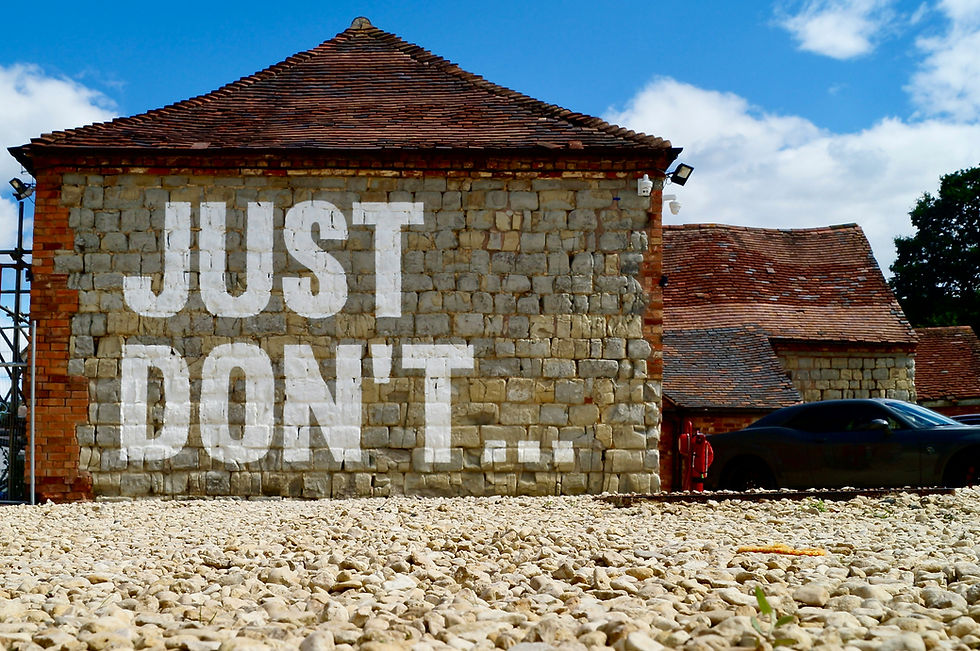Of Course They Don’t Trust Us.
- Jessica Kiragu
- May 28, 2025
- 2 min read
Let’s be real—it makes sense that people of color don’t trust white people.
I mean… do we even trust us?

I’ve heard it again and again in rooms full of white people—“I’m afraid.”
Afraid of saying the wrong thing.
Afraid of doing harm.
Afraid of getting called out.
Afraid of looking like we don’t know what we’re doing—because sometimes, we don’t.
Afraid that if we fix the racism of today, we’ll somehow become the target of tomorrow.
These fears are real. I don’t want to dismiss them. I’ve felt them too.
That tightening in your chest when the conversation turns to race. That loop in your head, wondering if you’re helping or just making it worse. That moment you start to speak and then backpedal, unsure.
What’s underneath all that fear? I think it’s a kind of heartbreak—a recognition, whether we can name it or not, that whiteness isn’t a safe foundation.
We’ve been told that it is. That our belonging is guaranteed. That we’re “normal.” That we’re “good people.” But whiteness—as a system, as a social construct—isn’t built to hold us with care.
It’s built to divide. To hoard. To exclude. So when we try to root our trust in it, things feel shaky. Because they are.
Whiteness tells us who to be, how to act, what to value—and yet it withholds any real roadmap for showing up with integrity in a multiracial world. We’re left unsteady.
But here’s the possibility I keep returning to—what if we learned to trust ourselves instead?
Not the version of us whiteness wants. But the version that’s curious. Brave. Grounded. The version that knows mistakes are part of learning, and that repair is always possible.
What if, instead of performing “goodness,” we committed to being honest?
What if we asked ourselves—who do I want to be in the face of injustice?
How do I want to show up for the people I love?
What kind of ancestor do I want to become?
Because I believe we can respond to racism in ways that reflect our deepest values. We can move beyond fear—not because the risks disappear, but because our integrity grows stronger. We can step outside the confines of whiteness and into a fuller humanity.
It starts with seeing whiteness clearly—its history, its promises, its costs.
And then choosing, again and again, to live a different story. One rooted in equity, accountability, and connection.
That’s a kind of trust worth building.




Comments